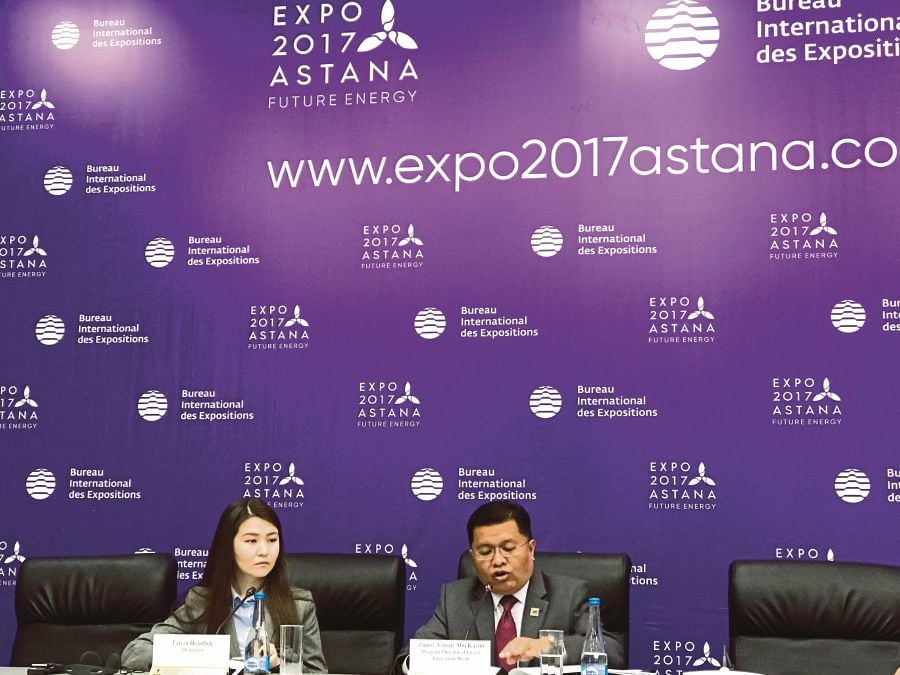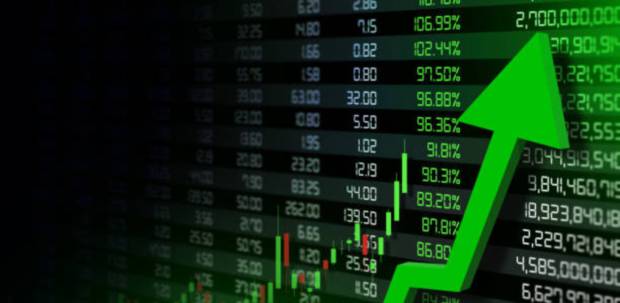THE world’s first bio-based chemical manufacturing plant, the Verde Palm Plant would be a catalyst of change in the production of non-consumable products.
The Malaysian Bioeconomy Development Corporation (Bioeconomy Corporation) senior vice-president of bioindustrial Zainal Azman Abu Kassim said the plant would use palm oil to produce 10,000 tonnes of Dodecanedionic Acid (Diacid) annually, where most of them would be exported to the United States.
The Diacid, he said, was a renewable bio-based chemical used in almost anything from automotive parts and toothbrush bristles to cosmetics and fragrances, would be used as an alternative to petroleum-derived chemicals.
“The first-of-its-kind bio-based plant showcases Malaysia’s readiness towards becoming one of the leading bioeconomy nations and is an important milestone for the country as bioeconomy plays a key role in Malaysia’s aspiration to become a high-income nation by 2020.
“To achieve this, the bio-based industry in Malaysia must stay one step ahead in the development of green and bio-based technologies and innovation,” said Zainal at a briefing during the Astana Expo 2017, here, yesterday.
The Verde Palm Plant is a joint-
venture project
between Sime
Darby Bhd and Verdezyne Inc, a US-based industrial biotechnology company.
Sime Darby, via its plantation unit, Sime Darby Plantations Bhd, had acquired 30 per cent stake in Verdezyne for US$30 million (RM128.7 million) during the visit of former US President Barack Obama’s to Malaysia in 2014.
Verdezyne is a bio-nexus company under the Bioeconomy Corporation.
Zainal said the plant was expected to create some 400 jobs once it started operating by 2019.
The ground-breaking ceremony would be held on July 30 and would take about 18 to 24 months to be completed.
The plant will be located on a 20,000 square feet area in Johor Baru.
Meanwhile, he said innovations in green and bio-based technologies would be the highlight at the Malaysian Pavilion this week at the Astana Expo 2017.
The theme of this week “Green Innovation: Powering Your Future” started on Monday.
The five-day event will have talks, product demonstrations and business-matching sessions that aim to disseminate information within the ecosystem and provide support for business development activities to bring foreign direct investments to Malaysia.
Malaysia’s participation in expo this week is organised by the Science, Technology and Innovation Ministry and implemented together with its agency Bioeconomy Corporation. It is also co-organised with Yayasan Innovasi Malaysia and Sirim Bhd.





